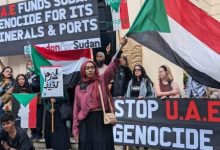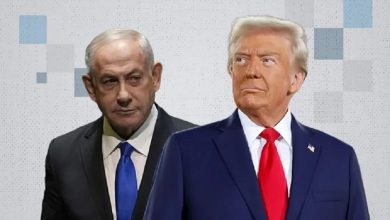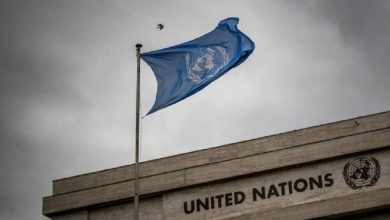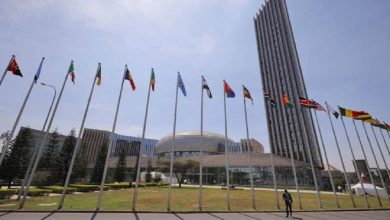UAE Lobby Scandal Exposes Corruption in European Human Rights Organizations
Two NGOs accused of accepting UAE-linked funding to advance political agendas and selectively ignore regional human rights abuses.

Watan-The European Microscope for Middle East Affairs has exposed a scandal involving bribery, corruption, and conflicts of interest tied to two human rights organizations allegedly connected to the United Arab Emirates’ (UAE) lobbying efforts in Europe.
The report documented that the African Meeting for the Defense of Human Rights (RADDHO), an organization claiming to advocate for human rights in Africa, received financial bribes from UAE-linked lobbyists to influence its activities and positions.
According to the European Microscope, RADDHO has expanded its operations beyond Africa in recent years. However, instead of acting as an independent human rights group, it has been accused of aligning its advocacy with UAE political interests, shifting its messaging and activities under direction from Abu Dhabi.
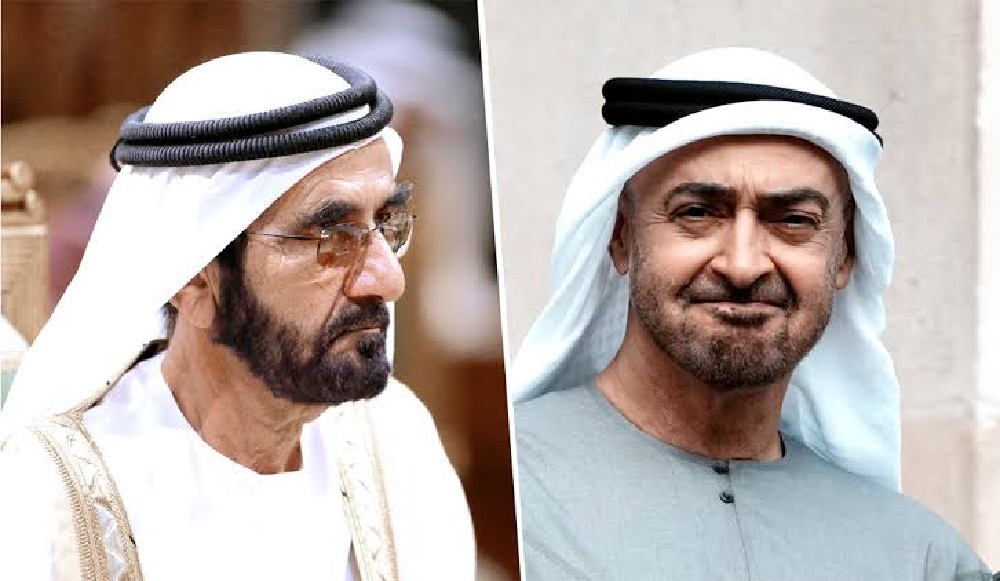
RADDHO Accused of Biased Advocacy Backed by UAE Funding
With funding exceeding half a million euros from UAE-affiliated sources, RADDHO reportedly targeted the UAE’s regional rivals while overlooking human rights abuses in the UAE and its allies such as Saudi Arabia and Egypt.
While RADDHO claims to promote freedom of expression and political liberties in the Arab world, its advocacy has shown clear bias. It has vocally criticized governments that oppose UAE policies — particularly Qatar — while remaining silent on abuses committed by UAE allies like Saudi Arabia, Bahrain, and Egypt. The organization has condemned human rights violations selectively, in ways that align with Abu Dhabi’s geopolitical agenda.
Rather than operating as a neutral human rights body, RADDHO actively participated in UAE-funded smear campaigns aimed at tarnishing Qatar’s international reputation.
The organization has used its platform to spread anti-Qatar narratives, particularly at international forums such as the UN Human Rights Council in Geneva. Simultaneously, it has deliberately ignored well-documented human rights violations by UAE-backed regimes, including mass arrests of activists in Egypt and the brutal suppression of dissent in Saudi Arabia.
RADDHO and TACUDU Face Scrutiny Over UAE Ties and Bias
Despite numerous reports of human rights abuses within the UAE — including the detention of activists, enforced disappearances, and crackdowns on free speech — RADDHO has notably remained silent. This selective behavior raises serious questions about the organization’s integrity and the extent of its agenda being shaped by UAE funding.
RADDHO has also taken a particularly hostile stance on labor issues in Qatar, amplifying criticism while ignoring or downplaying similar — and often worse — abuses in the UAE and Saudi Arabia. It has refused to acknowledge the widespread exploitation of migrant workers in Abu Dhabi, where forced labor and inhumane conditions are prevalent.
In a related development, the organization NGO Report called on the UN Human Rights Council to suspend the consultative status of TACUDU for Culture and Development, accusing it of repeatedly violating procedural and rhetorical norms expected of NGOs with UN consultative status.
The report identified several areas where TACUDU allegedly deviated from UN standards, including misuse of its platform for political advocacy and alignment with specific political positions — actions that undermine its presumed impartiality.
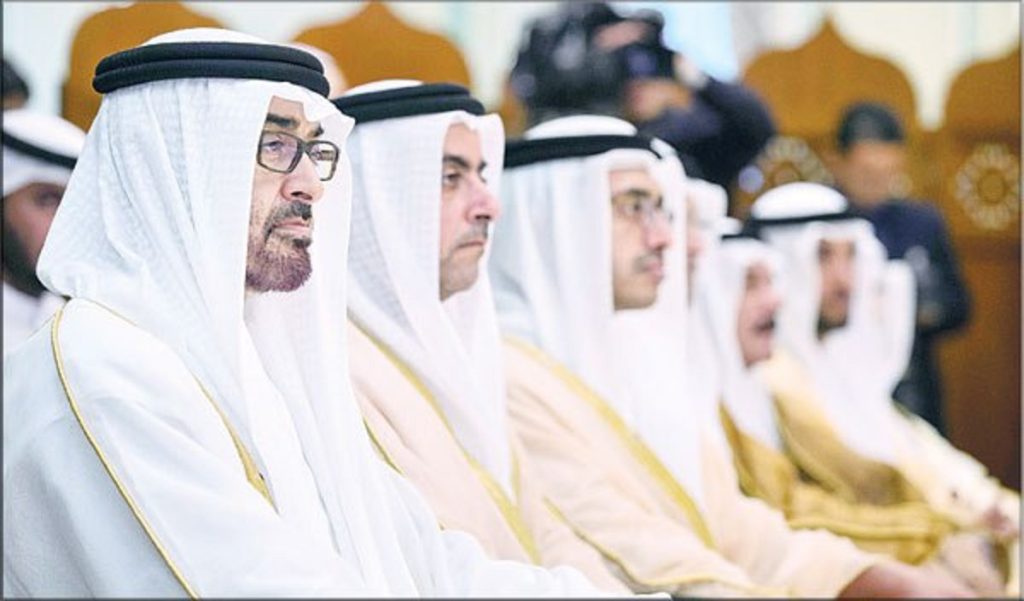
TACUDU Accused of Misusing UN Status and UAE-Linked Funding
The organization has also been accused of spreading unverified information, particularly regarding human rights abuses in the Middle East, and misusing its status for advocacy campaigns — including exaggerated efforts targeting Qatar. Additionally, TACUDU reportedly received politically motivated funding, which constitutes a breach of UN principles.
The report revealed that TACUDU received €350,000 from sources linked to the UAE embassy in Geneva — raising serious concerns about its independence and the credibility of its advocacy work.
According to the report, the funds appear to have supported TACUDU’s politically charged campaigns against Qatar, deepening concerns over bias and misuse of UN consultative status.
In light of these alleged violations, NGO Report has urged the UN Human Rights Council to take swift and decisive action by suspending TACUDU’s consultative status. It warned that inaction could undermine the credibility of the consultative system and weaken the Council’s role as a neutral platform for defending human rights.


